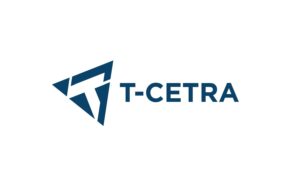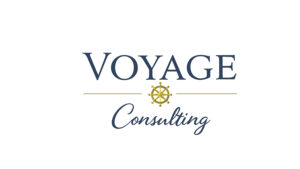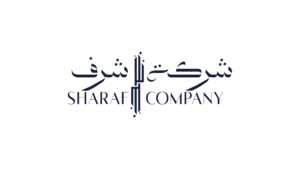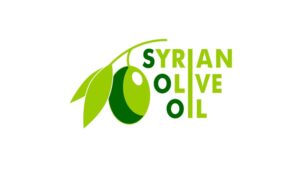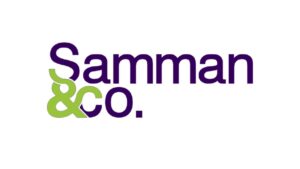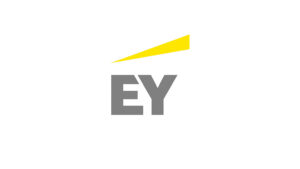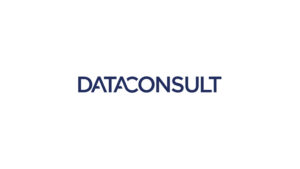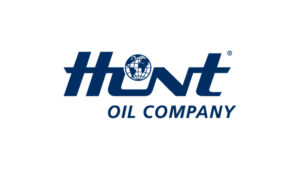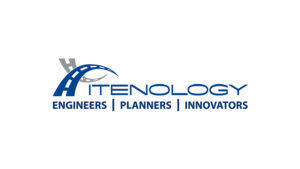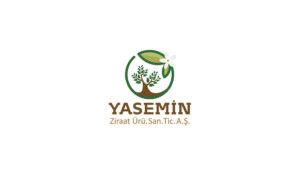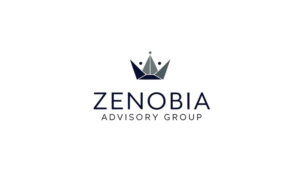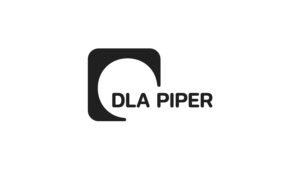By leveraging our local knowledge and extensive networks, the U.S.-Syria Business Council provides strategic access and guidance, with the aim of advancing bilateral trade and investment.
The U.S.-Syria Business Council (USSYBC) is an independent, non-profit business association dedicated to advancing bilateral trade, investment, and commercial relations between the United States and Syria.
Founded by American and Syrian business leaders, the Council provides companies with the access, insight, and networks needed to navigate policy and market complexities, identify opportunities, manage risks responsibly, and expand their presence in both markets.
Through trade missions, private roundtables, policy dialogues, sector-focused initiatives, and bespoke guidance and matchmaking services, the USSYBC connects businesses, investors, and government decisionmakers to unlock new potential and growth.
By leveraging our local knowledge and extensive networks in the U.S. and in the region, the U.S.-Syria Business Council serves as a trusted bridge—providing strategic access and guidance to business and government leaders with the aim of advancing bilateral trade and investment.
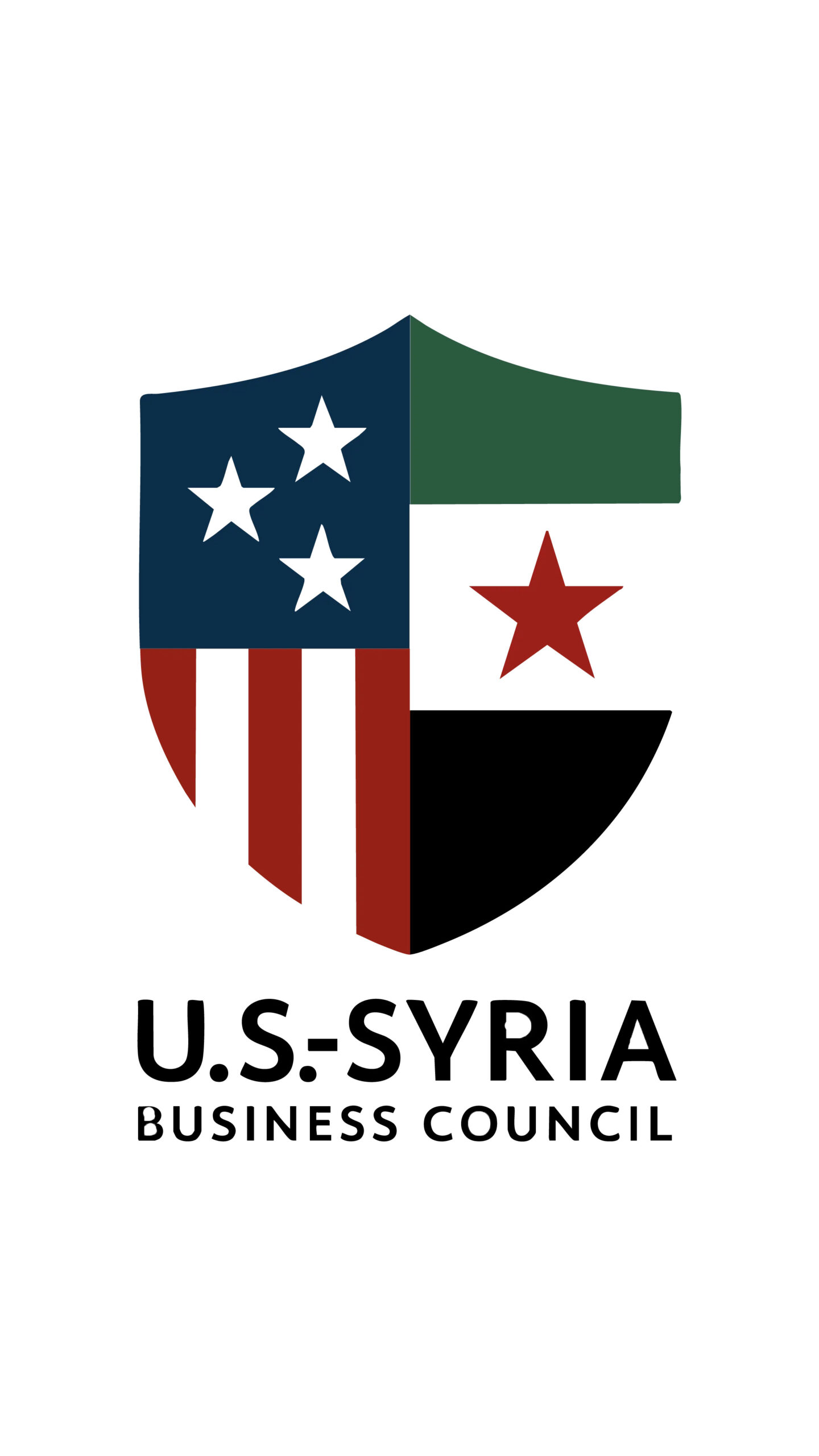
Syria is the third largest and most populous country in the Eastern Mediterranean, strategically located at the crossroads of Europe and Asia. With a population of over 22 million and a median age of just 23, it is a young and dynamic market with significant potential for growth.
Until recently, U.S. exports to Syria were extremely limited, totaling only USD 2.02 million in 2024. Encouragingly, bilateral trade has already grown by an estimated USD 5–6 million in the first seven months of 2025, signaling renewed momentum. With many of the legal restrictions that once constrained U.S. companies now eased or removed, new pathways for trade and investment are emerging. At the same time, U.S.-Syria political ties are entering a historic phase of normalization, with policymakers re-engaging at the highest levels and signaling support for closer economic cooperation, peace, and prosperity—creating a more stable and promising environment for businesses on both sides.
Despite years of conflict and relative economic isolation, Syria retains a strong entrepreneurial tradition, an educated workforce, and rich natural and cultural resources. Reconstruction needs are estimated at USD400 billion, creating opportunities across infrastructure, energy, healthcare, education, and technology.
For U.S. companies, Syria offers both challenges and rewarding long-term potential: a market eager for modern goods and services, and a government signaling openness to private investment and public–private partnerships. With the right guidance, this is a market where first movers can secure meaningful advantages while contributing to the country’s recovery and reintegration into the global economy.

